
The Path to True Freedom: What It Really Takes
True freedom doesn’t come from success, money, or more time—it comes from within. It’s the moment you stop outsourcing your worth and start leading your life from self-trust, nervous system safety, and soul alignment.
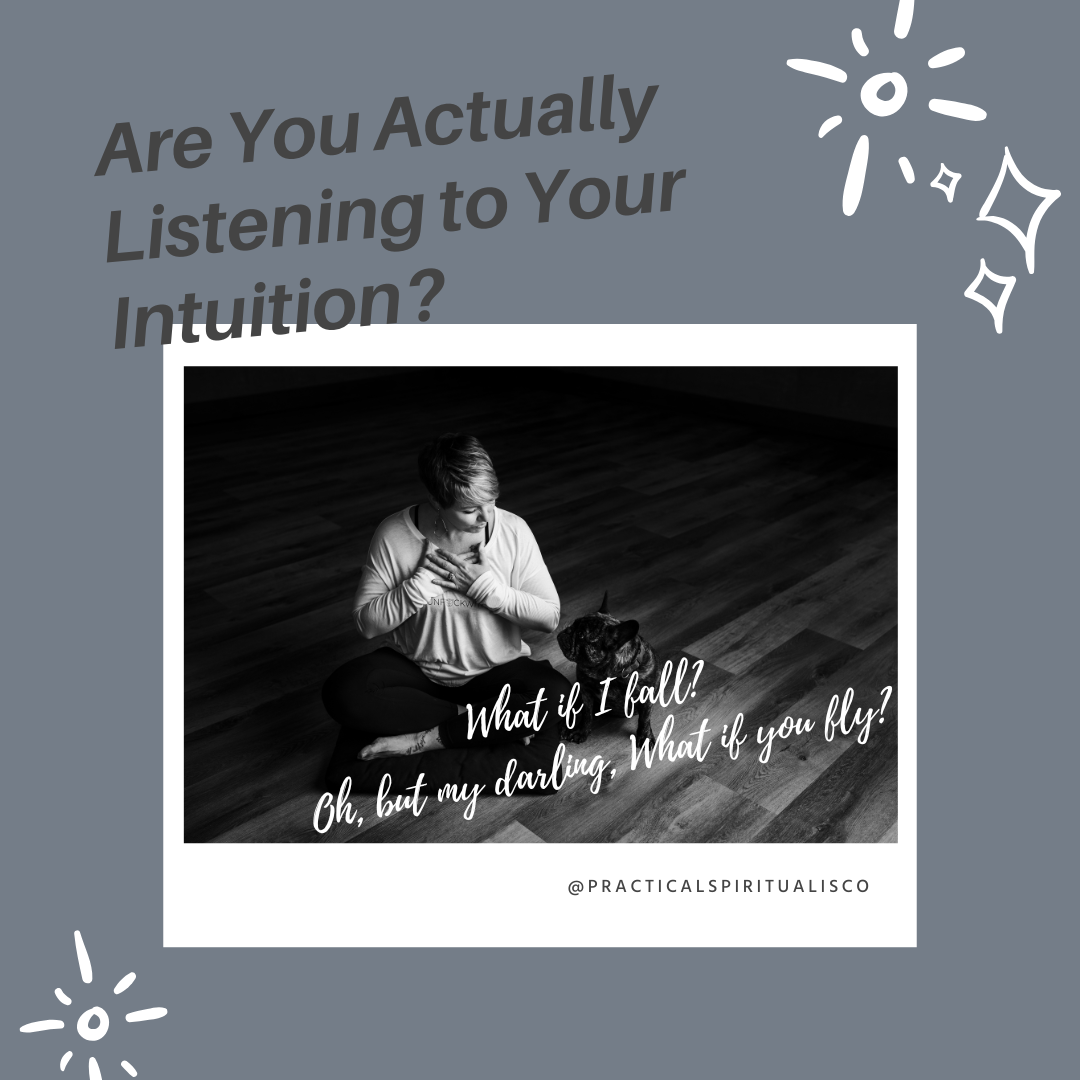
How to Strengthen Your Inner Knowing & Trust Yourself Fully
"Your intuition doesn’t shout—it whispers. It’s the quiet knowing before your mind starts overanalyzing. The gentle nudge that feels right, even when logic can’t explain why. The more you ignore it, the quieter it gets. But the more you trust it, the louder it speaks. What if, instead of doubting yourself, you leaned in and listened?"

The Small Habits That Create Big Life Shifts: Simple Daily Changes for Massive Transformation
"Your life isn’t shaped by the big things you do occasionally—it’s shaped by the small choices you make daily. Every decision, every habit, every intentional moment is either moving you toward alignment or keeping you stuck in old patterns. True transformation doesn’t happen in one grand leap—it happens in the tiny shifts you commit to every day. The question isn’t whether change is possible—the question is, what small shift will you choose today?"
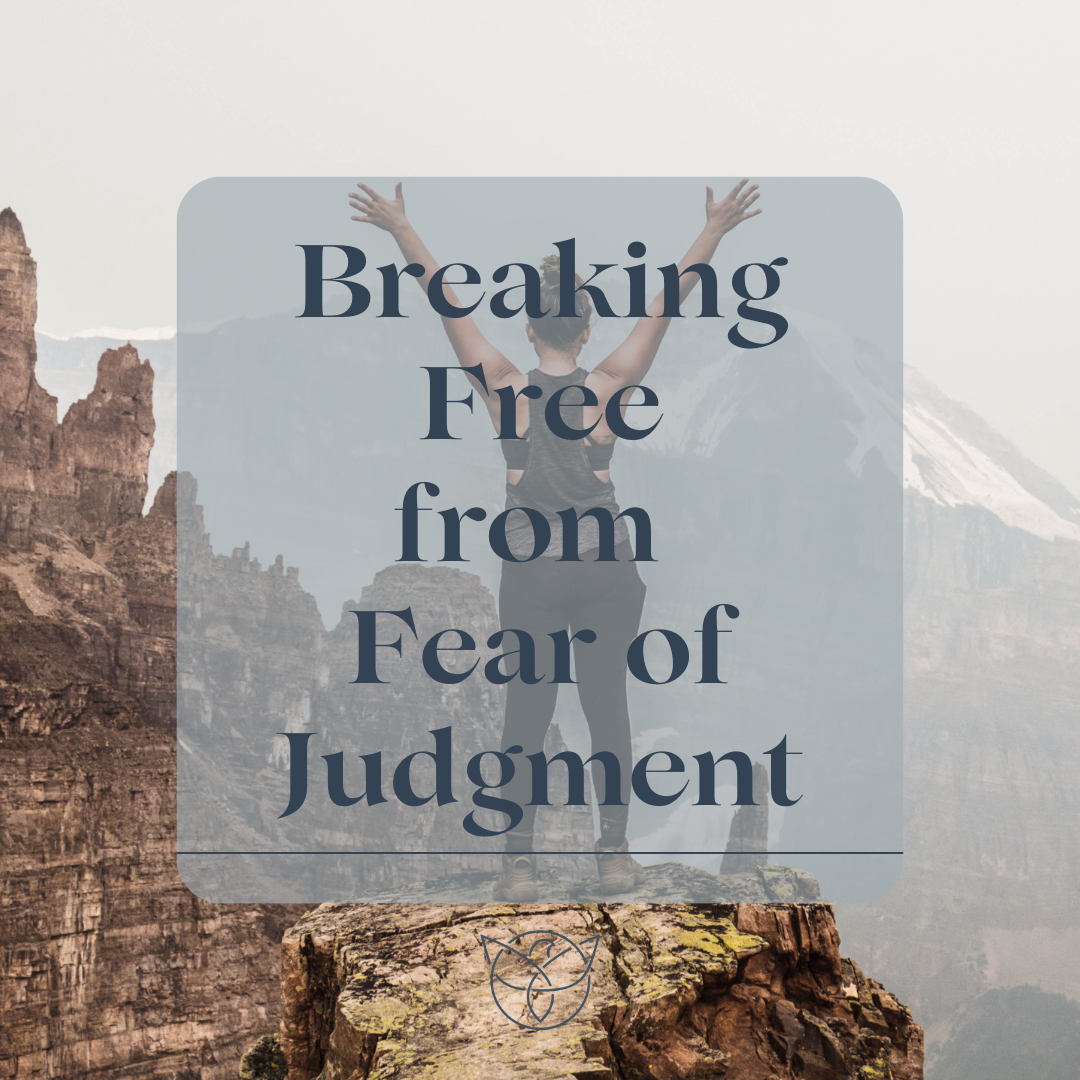
Breaking Free from the Fear of Judgment: How to Stop Shrinking Yourself & Start Living Fully
"Freedom isn’t found in seeking approval—it’s found in releasing the need for it. Every time you shrink yourself to avoid judgment, you betray your own soul. You were not born to fit into someone else’s expectations. You were born to be fully, unapologetically YOU. The moment you stop living for others and start living for yourself, you become magnetic. The right people will be drawn to you. The wrong ones will fall away. And you will finally feel free."
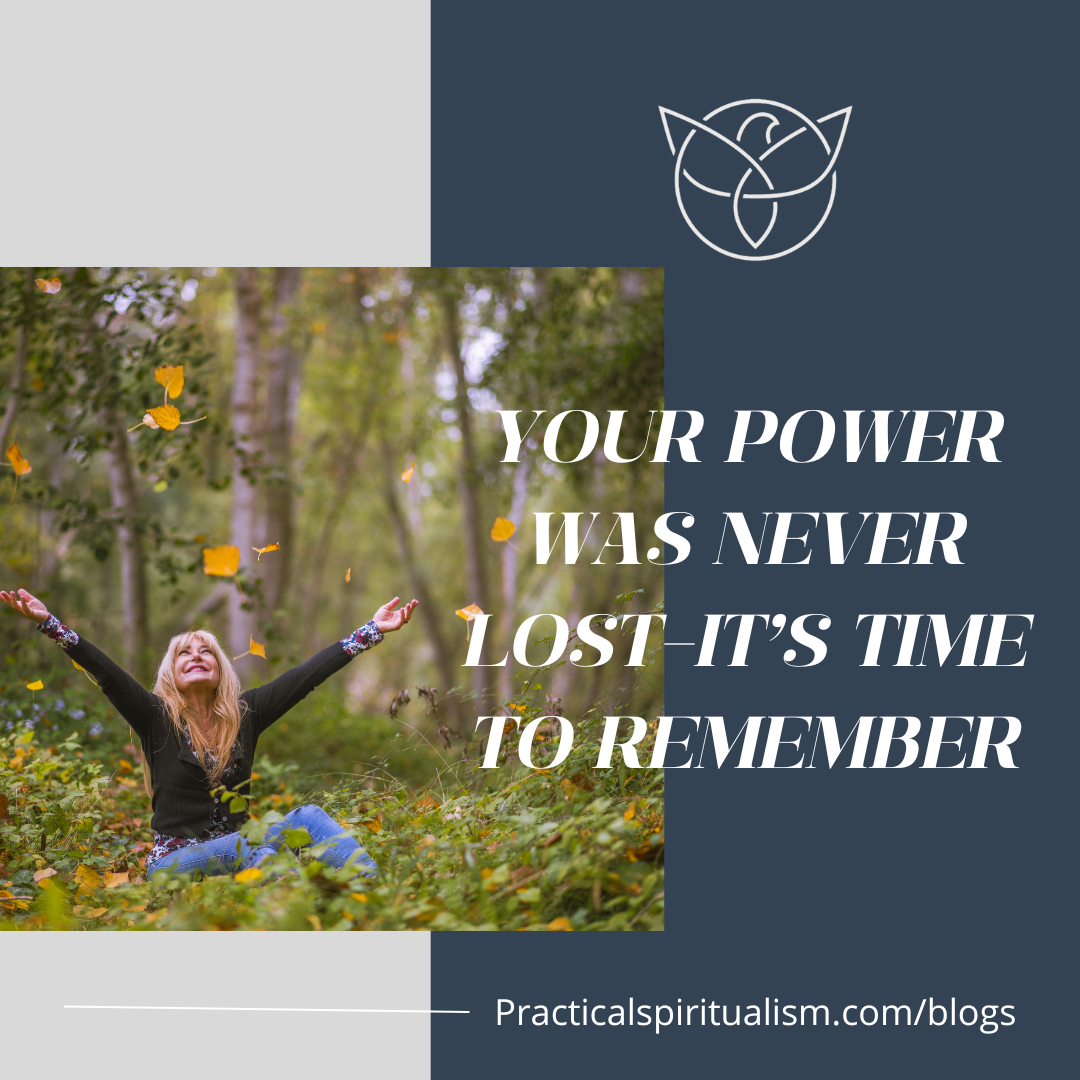
The #1 Shift You Need to Make to Step Into Your Power (And Finally Trust Yourself)
"You don’t need to become someone new to step into your power—you just need to remember who you’ve always been. The world taught you to shrink, to seek validation, to doubt your worth. But real transformation isn’t about adding more—it’s about unlearning what’s keeping you small. Are you ready to remember?"
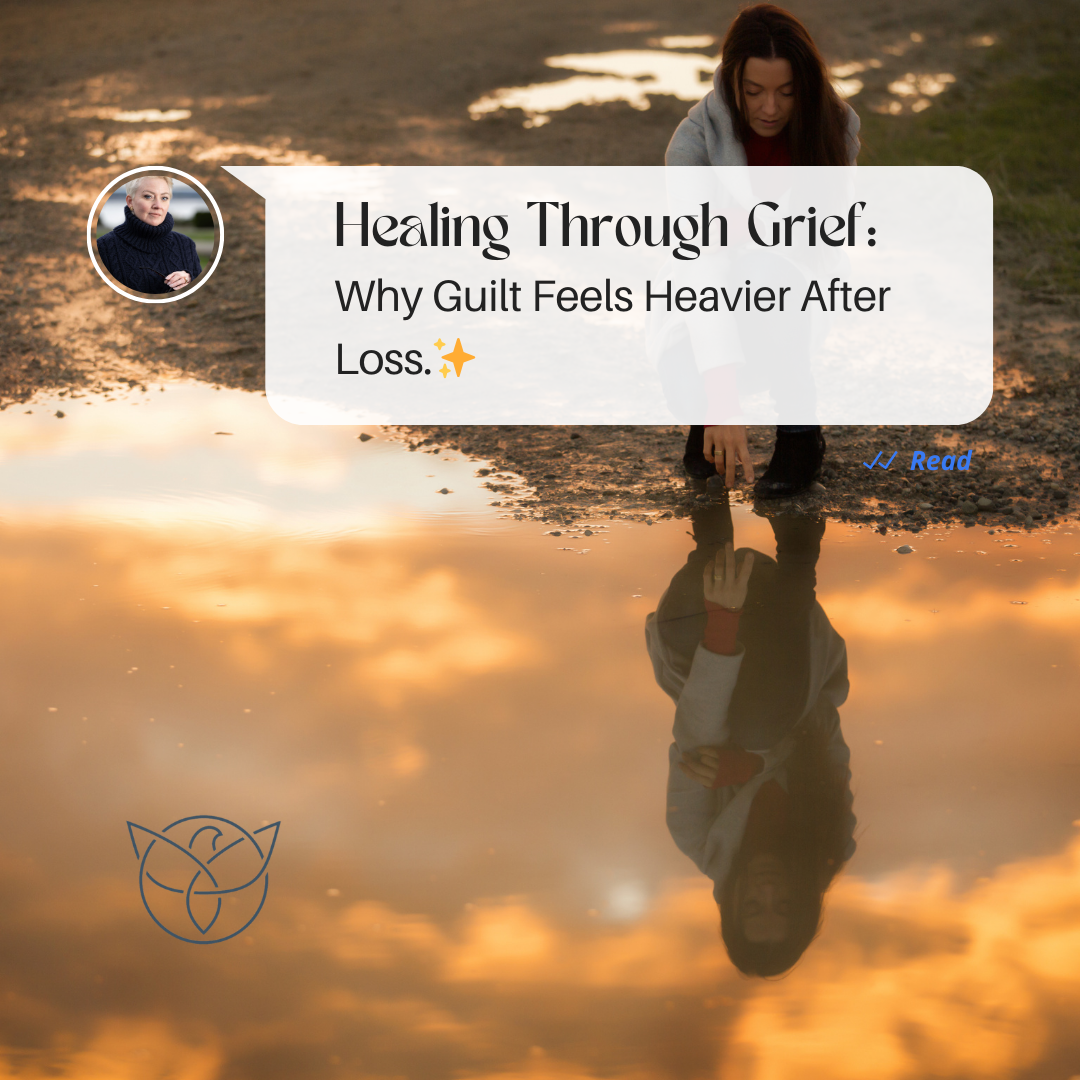
Why Guilt Feels Heavier After Loss (and How to Heal Authentically)
Grief isn’t just about losing someone — it’s about letting go of the relationship we hoped we’d have. It’s about releasing the expectations, the unanswered questions, and the dreams that will never come true. But here’s the truth: healing doesn’t mean forgetting. It means letting go of the emotional triggers so we can carry our memories with peace and wisdom instead of guilt and regret.

How to Live Authentically in a World That Wants You to Conform
"One day, when someone said I was intimidating, a friend replied, 'Is she intimidating, or are you intimidated?' That moment stopped me in my tracks. It made me realize I’d been carrying other people’s emotions for years — their discomfort, their judgments, their insecurities. None of it was mine to hold. True empowerment begins when we stop shrinking ourselves to make others comfortable and start honoring who we truly are."
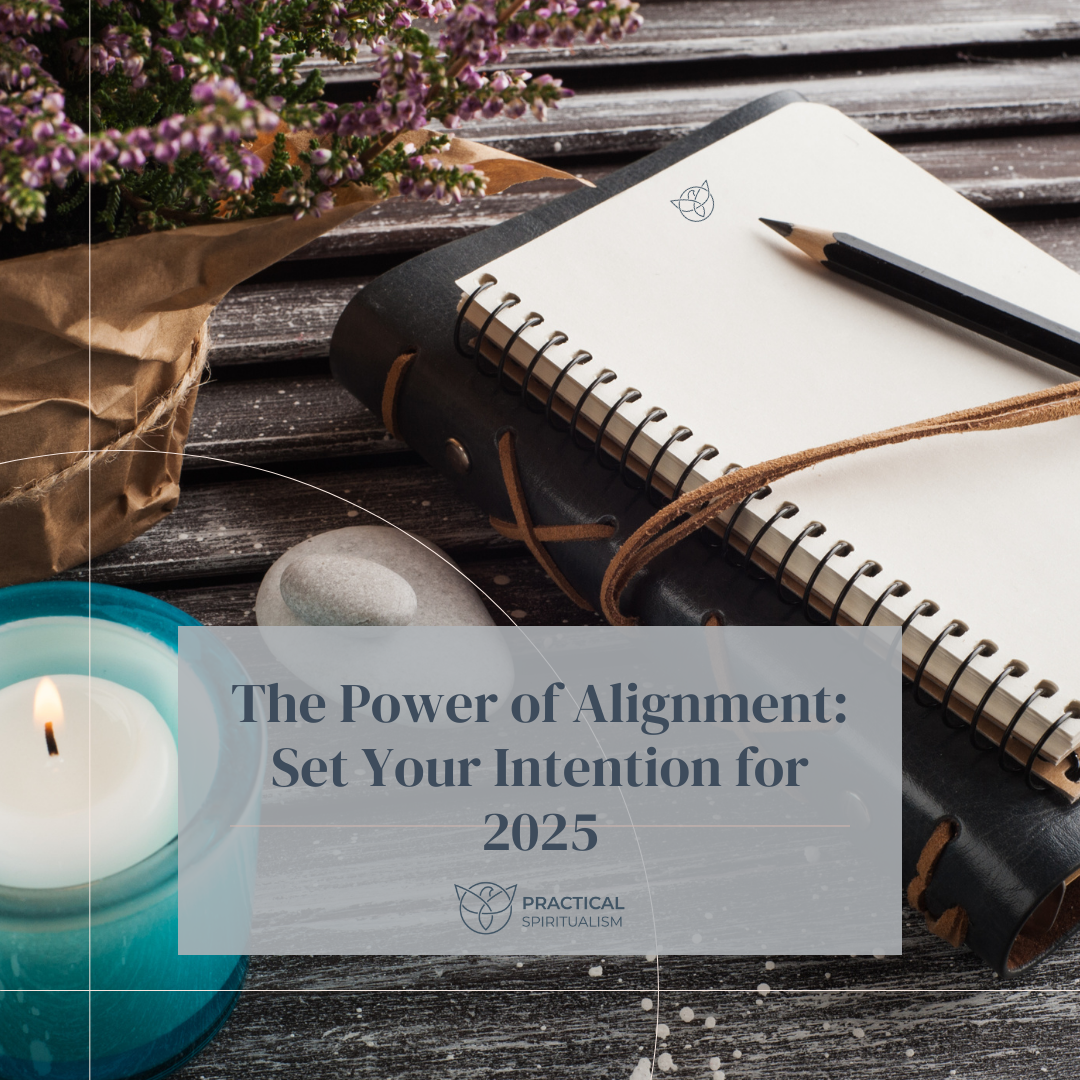
The Power of Alignment: Set Your Intention for 2025
Resolutions fade, but an intention word transforms. Learn how to choose and embody your guiding word for 2025 to live in alignment, honor your truth, and make empowered choices daily.
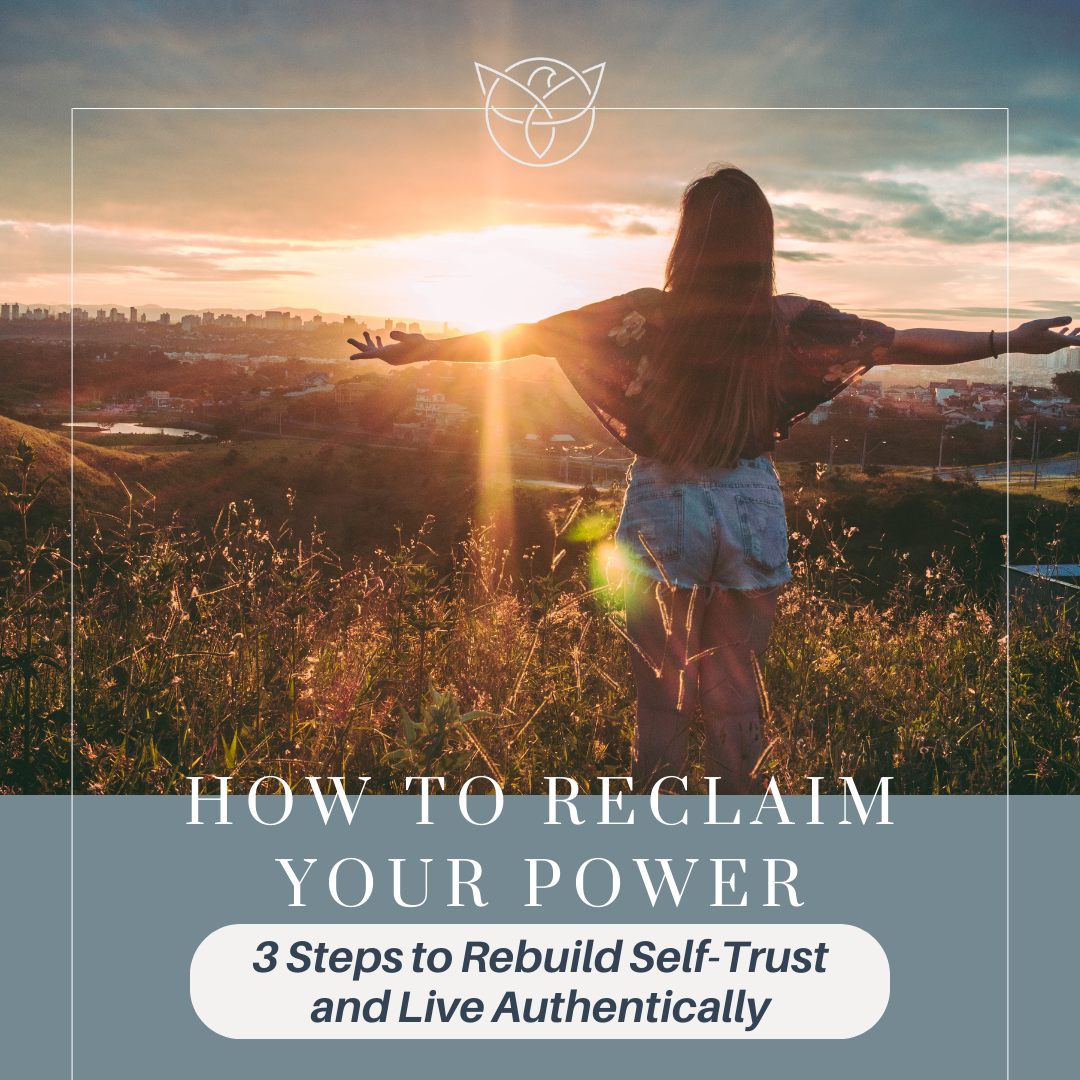
How to Reclaim Your Power: 3 Steps to Rebuild Self-Trust and Live Authentically
Have you ever felt like you’ve lost yourself — piece by piece — in relationships, work, or just the chaos of daily life? You’re not alone. Many of us give away our power without realizing it, leaving us stuck in self-doubt, people-pleasing, and a constant search for approval. But here’s the truth: Your power isn’t gone — it’s waiting for you to reclaim it.
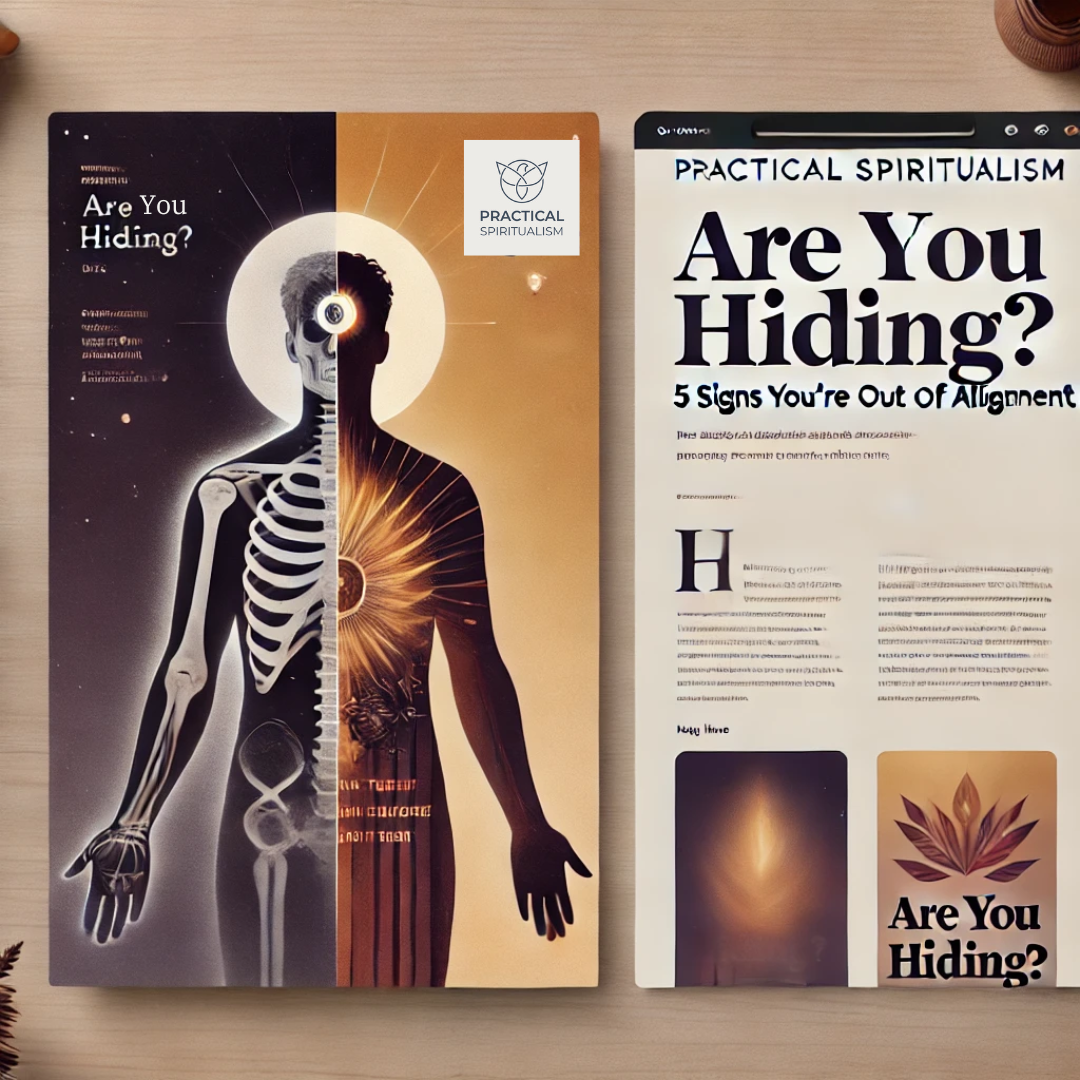
Are You Hiding? 5 Hidden Signs You’re Out of Alignment
"Have you ever felt like you’re living life on autopilot — showing up as the version of yourself everyone else expects, but not the version that feels real? You’re not broken. You’re not failing. You might just be out of alignment with your true self.
In this blog, I’m sharing 5 hidden signs you’re living out of alignment — and the simple shifts to bring you back home to YOU. It’s time to stop hiding and start living authentically."
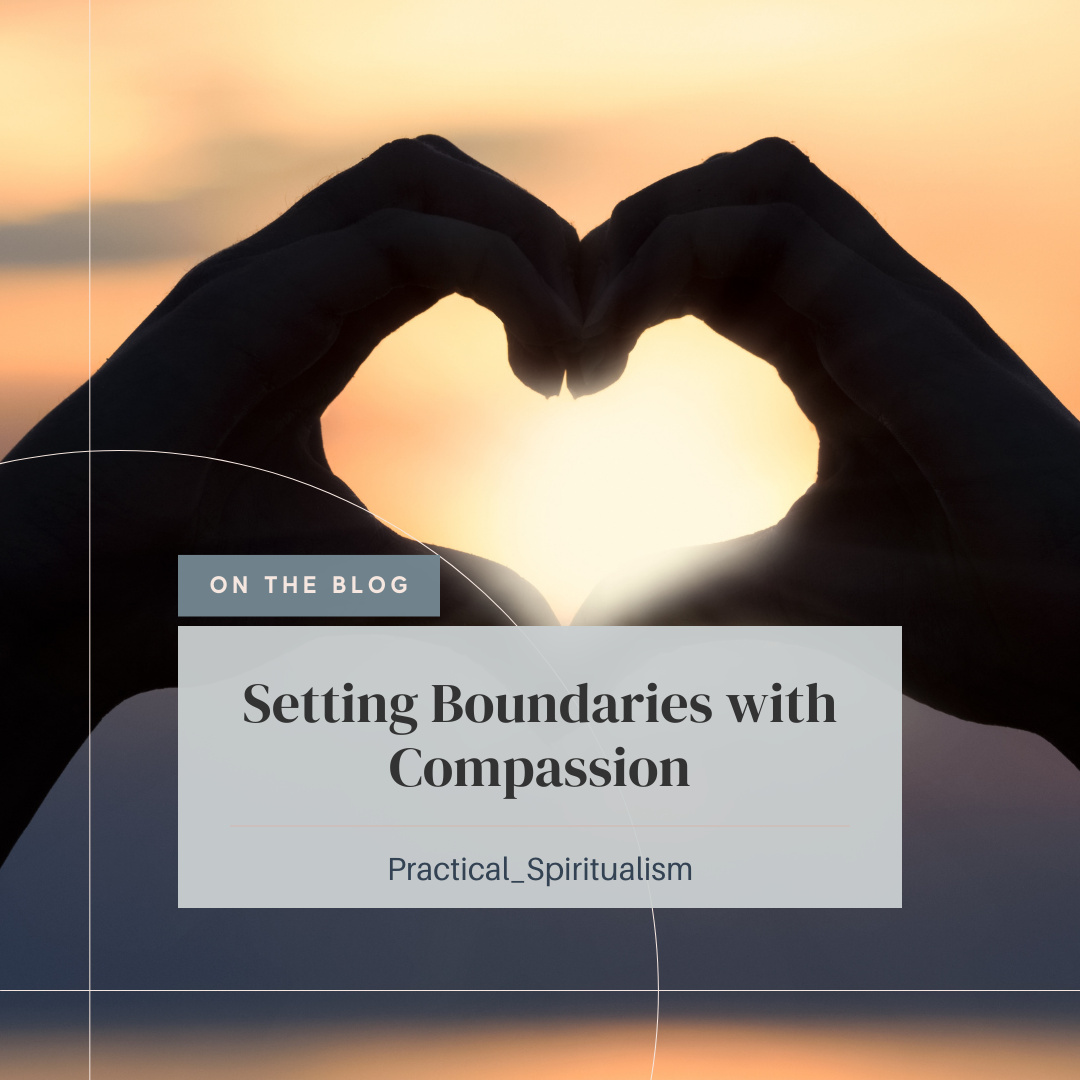
Setting Boundaries with Compassion
Boundaries are not walls—they’re bridges to healthier relationships and a life where your needs are honored. By balancing kindness with firmness, you can protect your energy and create space for authenticity and mutual respect.
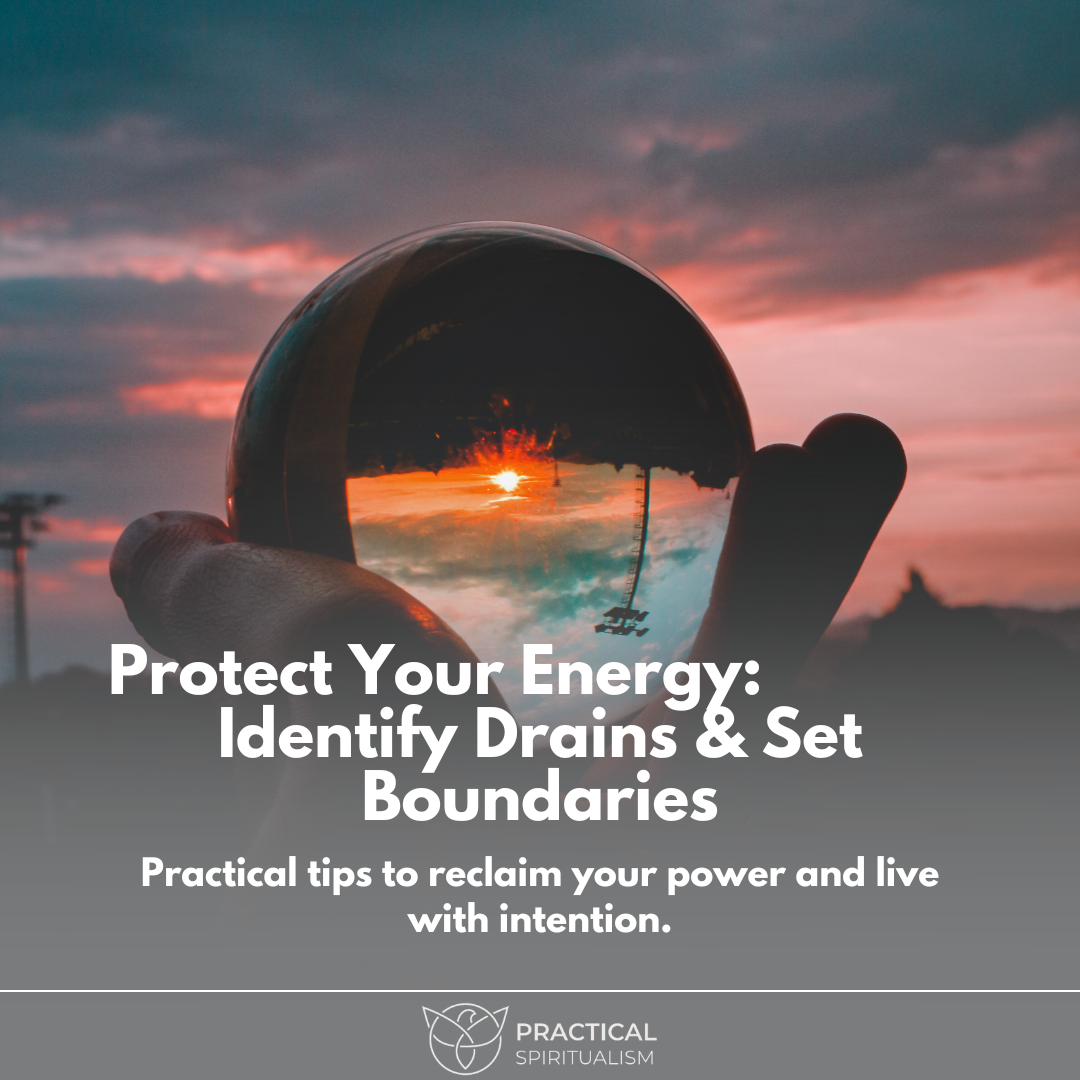
How to Identify Energy Drains and Set Empowering Boundaries to Protect Your Well-Being
Energy drains—whether from toxic relationships, chaotic environments, or overcommitting—can leave us depleted and disconnected from our well-being. By setting empowering boundaries, you reclaim your energy, protect your emotional health, and create space for what truly matters. Ready to take the first step? Let’s do it together!
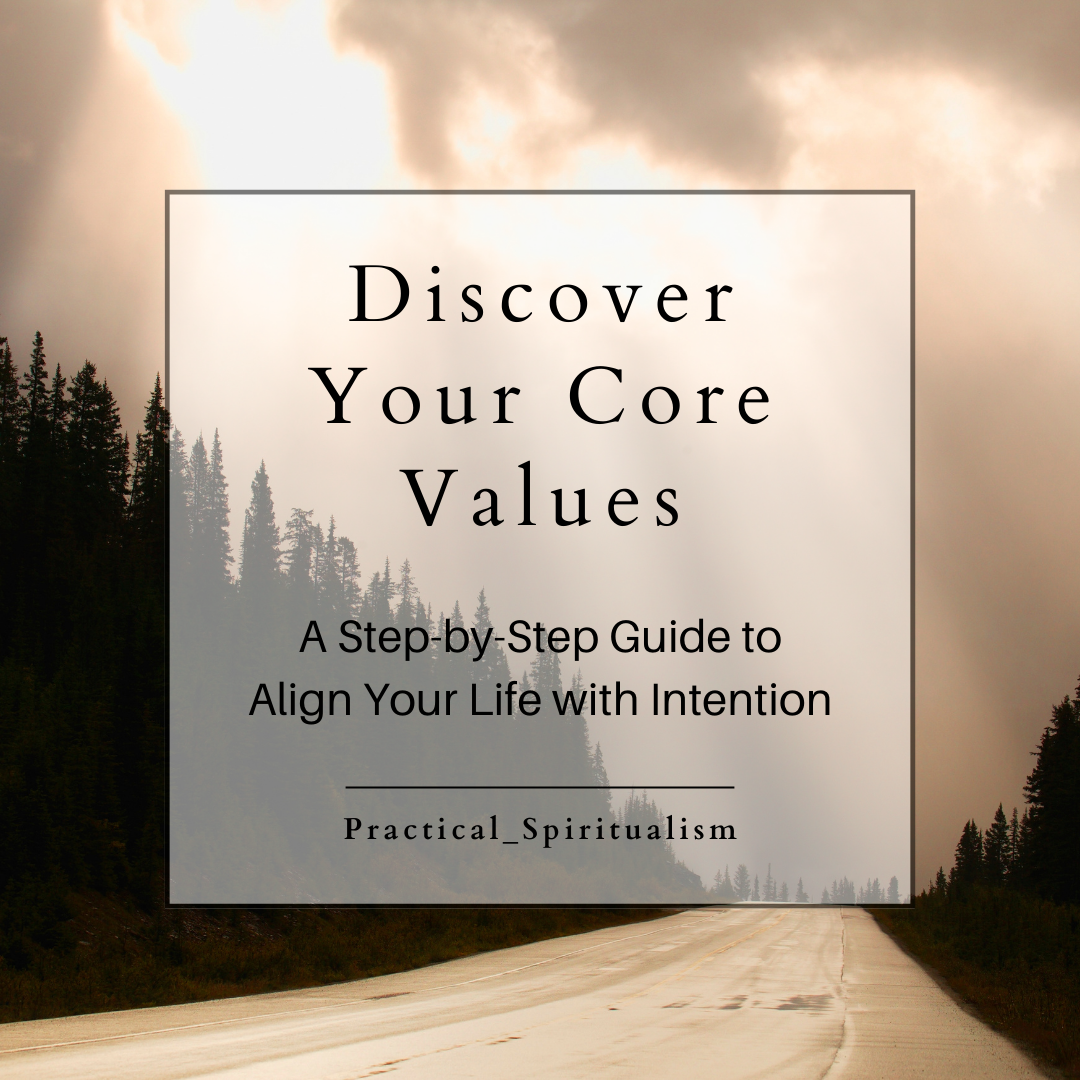
Discover Your Core Values: A Transformational Guide with 100+ Examples
Living in alignment with your core values transforms how you show up in life. Discover what truly matters and explore a comprehensive list of 100+ values to inspire your journey.

Boundaries as Self-Respect: Why Saying ‘No’ is Saying ‘Yes’ to Yourself
Boundaries are more than limits—they’re an act of deep respect for ourselves. Learn why saying 'no' to what drains you is really saying 'yes' to your own well-being, and discover practical steps to create boundaries that honor your values and nurture authentic connections.
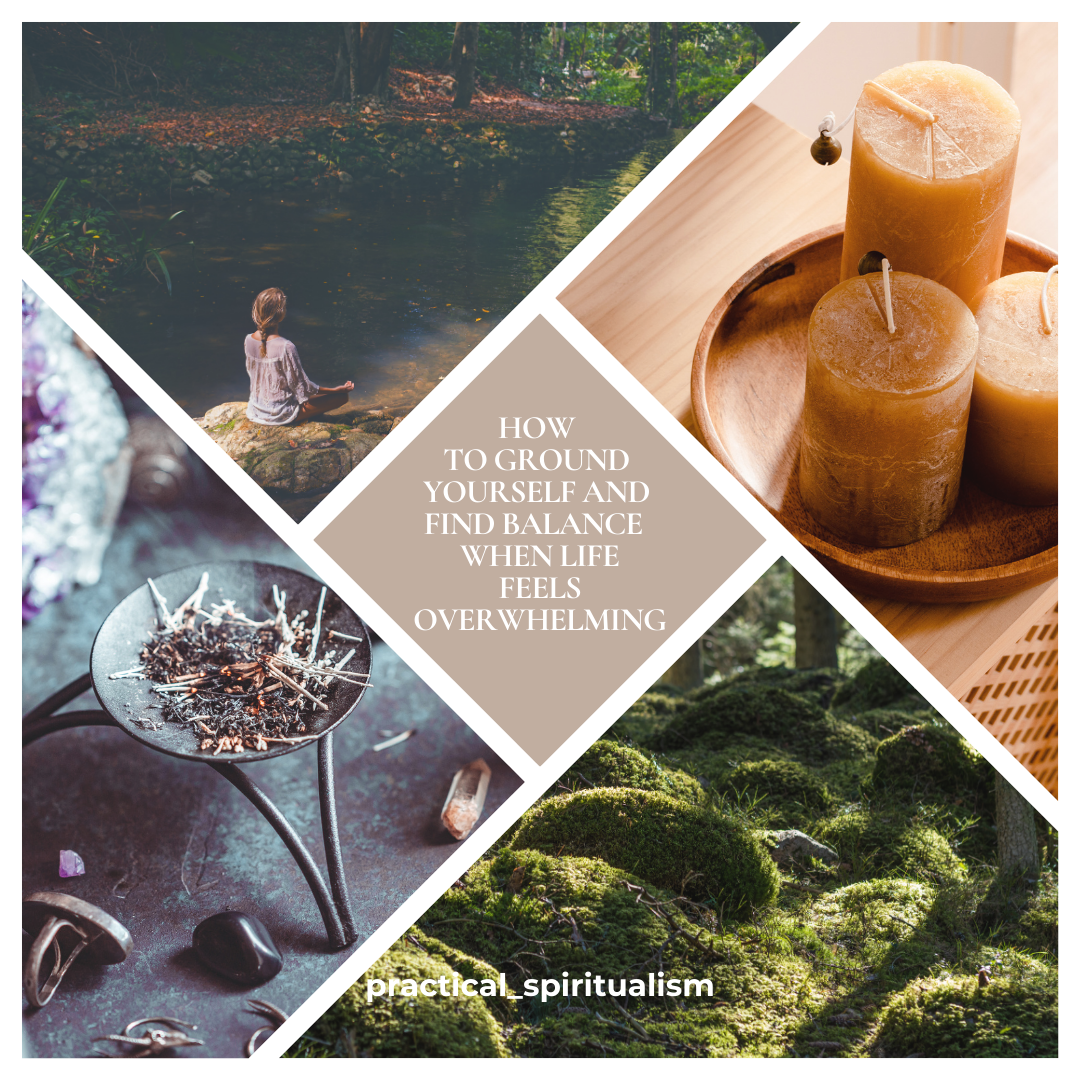
How to Ground Yourself and Find Balance When Life Feels Overwhelming
"Ever wake up with your mind racing, overwhelmed before the day even begins? It’s a familiar feeling in today’s fast-paced world. But finding balance doesn’t have to be a distant dream. One powerful way to calm the chaos is through grounding techniques, like my favorite ‘whiskey breath’: inhale slowly for 4 counts, hold for 2, and exhale for 8. Just a few cycles can bring instant relief, helping you feel more present and centered.
Grounding and clarity are not luxuries—they're essential for a fulfilling, intentional life. Ready to learn simple ways to reclaim your peace and align with your true self? Explore more in my latest blog post and see how small shifts can create a ripple effect of calm and purpose in your life."
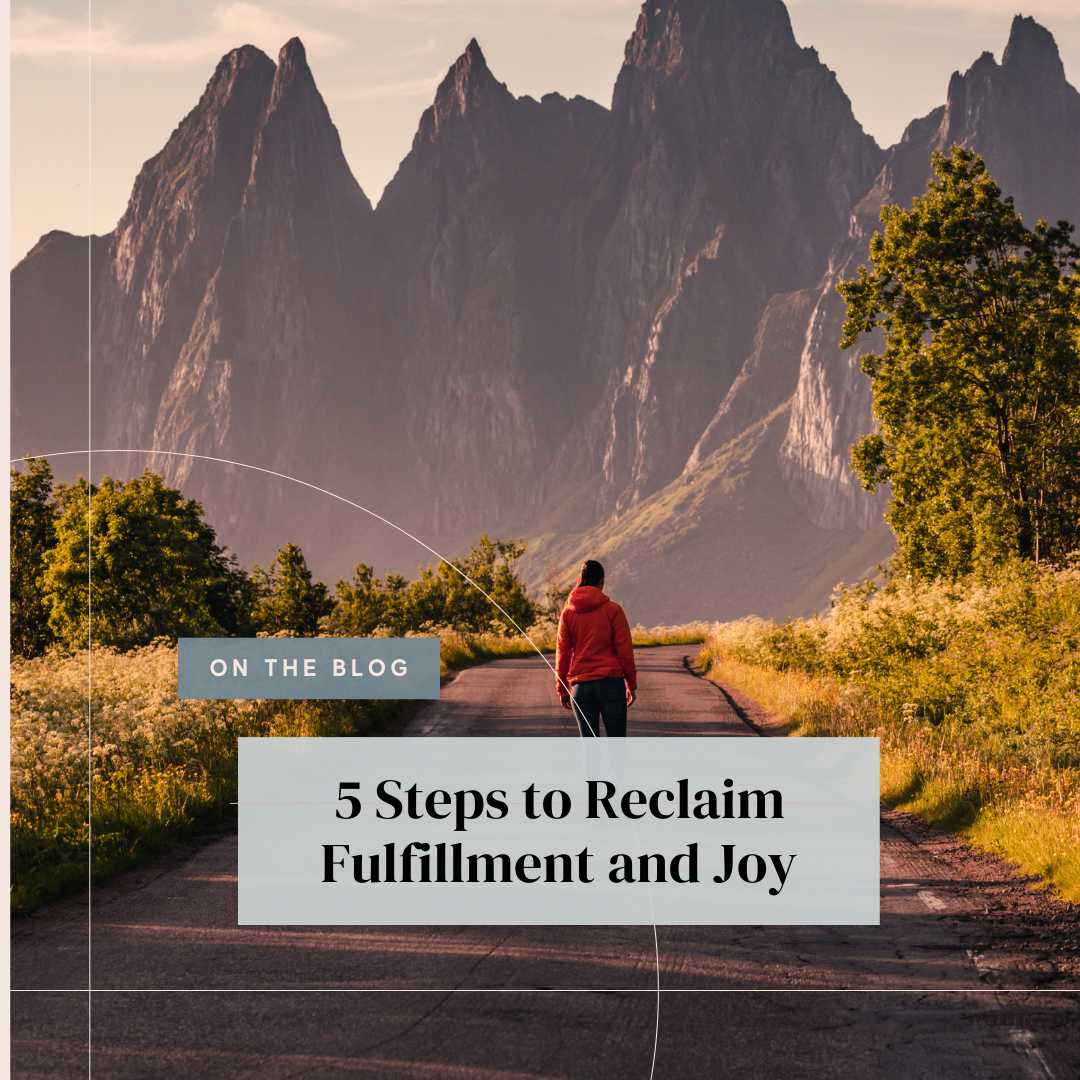
Feeling Stuck in Life Despite External Success? Here’s Why and How to Break Free
Ever feel like you have it all, yet something feels deeply off? We’re often conditioned to chase external success, believing it will bring us happiness. But here’s the truth: real fulfillment doesn’t come from accolades, money, or the perfect life on paper. It comes from being aligned with your authentic self, setting boundaries that honor your energy, and releasing the stories that keep you small. It’s about reconnecting with the light within you. Are you ready to explore what that means?

How Past Rejection Fuels Your Fear Today (And How to Heal It)
Fear of rejection isn’t failure—it’s feedback. When we stop taking rejection personally, we can see it as part of the process, not a sign to stop. Every 'no' brings us one step closer to a 'yes.' The question isn’t whether you’ll be rejected—it’s whether you’ll keep going anyway. What if rejection isn’t here to define you, but to refine you?
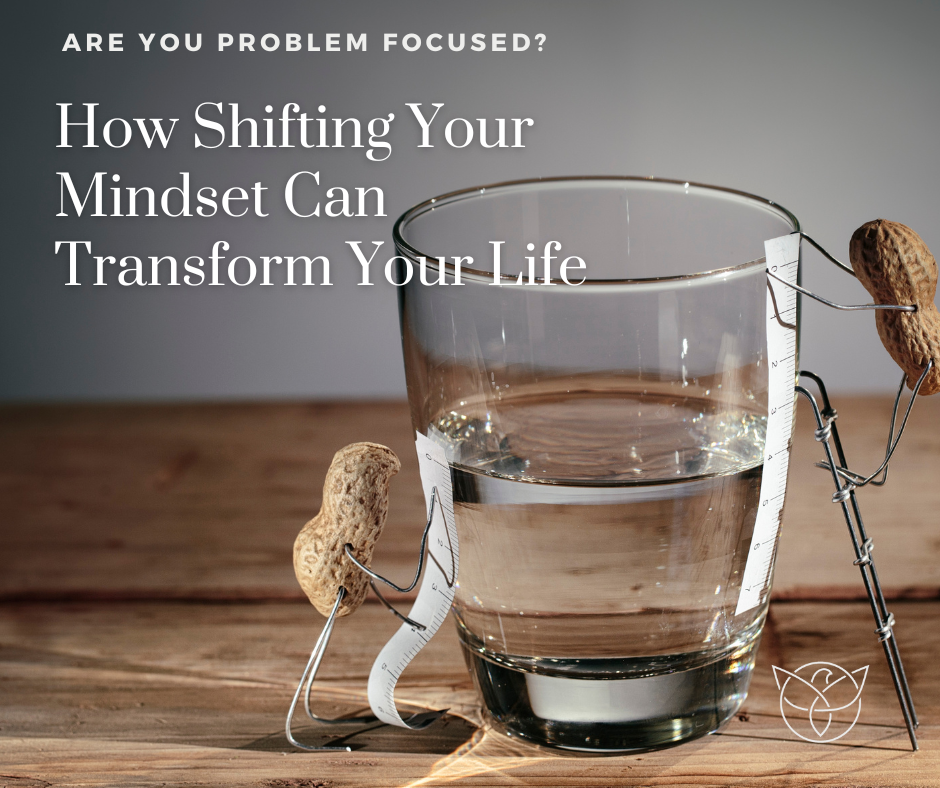
Are You Problem-Focused? How Shifting Your Mindset Can Transform Your Life
What Does a Problem-Focused Person Look Like?
If you find yourself stuck in problem mode, it might show up like this:
Complaining: Always finding something wrong, whether it’s the weather, traffic, or other people’s actions. There’s a constant narrative of how life is happening to you.
Blame and Victimhood: You might blame others for your struggles or feel like life is unfair. “Why does this always happen to me?” becomes a frequent thought.
Pessimism: You expect the worst outcomes, seeing obstacles as roadblocks instead of challenges to overcome. “What’s the point in trying?” echoes in your mind.
Inaction: Feeling overwhelmed by problems leads to analysis paralysis, leaving you stuck and frustrated. It’s hard to move forward when all you see are reasons you can’t.
Negative Self-Talk: You might catch yourself thinking, "I’m not good enough," or "I always mess things up." This inner dialogue feeds the problem-focused cycle and keeps you from seeing possibilities. (Mine was always. “But what if I fall / fail”)
Read the whole blog now!
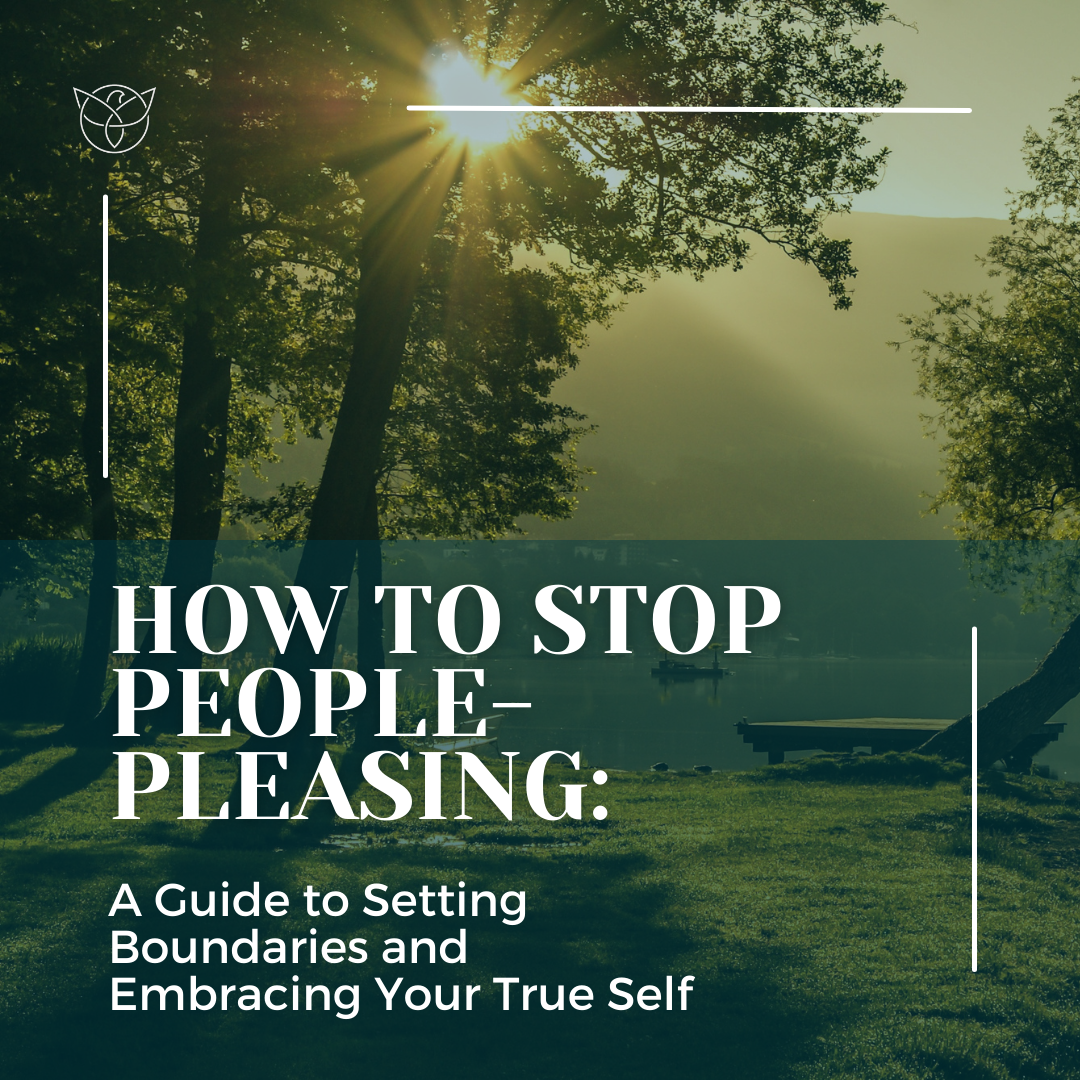
How to Stop People-Pleasing: A Guide to Setting Boundaries and Embracing Your True Self
Understanding People-Pleasing: Why Do We Do It?
People-pleasing isn’t just about being nice; it’s about seeking approval and avoiding conflict. Deep down, it’s driven by a fear of rejection or not being liked. We’ve all been there—shifting ourselves to fit into others' expectations just to keep the peace. While it might seem harmless, over time, this behavior can lead to burnout, resentment, and a loss of self.
So, why do we do it? Often, it comes from a place of insecurity or a desire to feel valued. We’ve been conditioned to believe that our worth is tied to how much we can do for others. But here’s the truth: Your value isn’t determined by how well you please others. It’s about how true you can be to yourself.
Read the whole blog now!
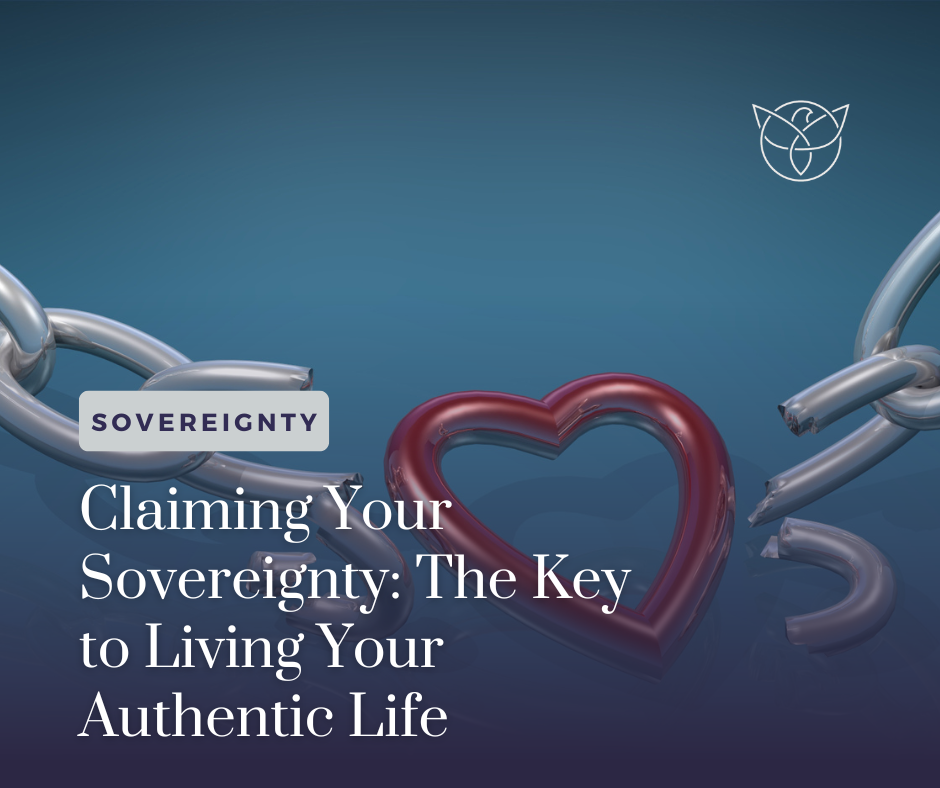
Claiming Your Sovereignty: The Key to Living Your Authentic Life
How many choices or decisions have you made today that were NOT driven by fear, anger, worry, overwhelm, or insecurity? For many of us the answer is either none, or not many!
Have you ever felt like you’re not fully in control of your life? Like no matter what you do, something outside of you is pulling the strings? Maybe it’s other people’s expectations, societal norms, or even your own past experiences. If you’re nodding your head right now, you’re not alone. But here’s the truth: you have the power to change that. You have the power to reclaim your sovereignty.
What Is Sovereignty, Really?
Sovereignty is a term that’s often misunderstood. People tend to equate it with control—control over circumstances, other people, or even their own emotions. But true sovereignty isn’t about control at all. It’s about freedom.
Read the whole blog now!
